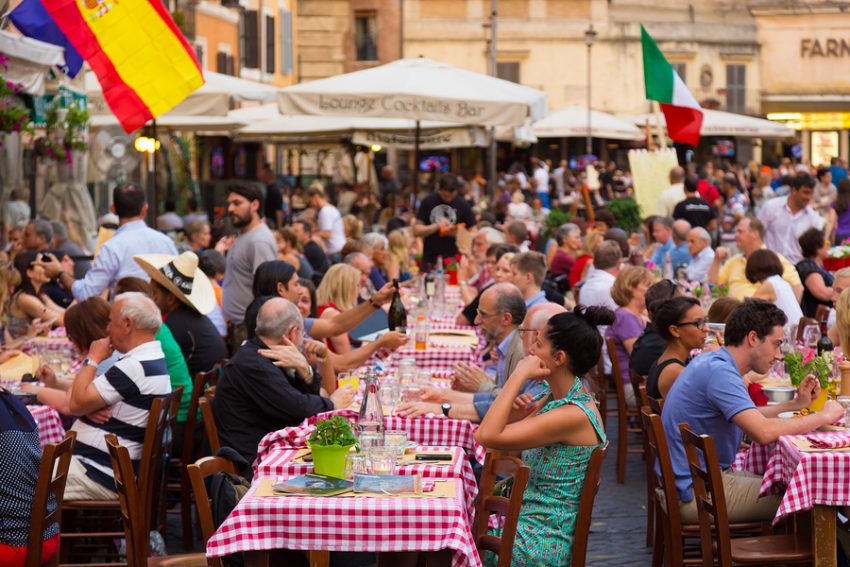As I embarked on my study abroad journey to Italy this fall, I was seeking chance to immerse myself in the rich tapestry of Italian culture. One aspect that has captivated me during my stay here is the unique way Italians interact with each other. The Italian approach to communication is steeped in centuries of tradition, and I’ve come to realize that it is an embodiment of their cultural beliefs and values.
One of the most interesting things I’ve learned is that Italians are incredibly warm and affectionate in their interactions. It’s not uncommon to witness people hugging, kissing on both cheeks, or even holding hands while walking down the street. These physical expressions of affection are considered normal and are an important part of Italian social life. It reflects their strong sense of community and the importance of family bonds. These gestures convey a deep sense of trust and closeness, making you feel like a part of their extended family, even as a foreigner.
However, what truly amazed me is how Italians value face-to-face interactions. They prioritize spending quality time with friends and family, often over long, leisurely meals. Sharing food is an essential part of their culture, and it’s perfectly normal for them to engage in animated conversations while enjoying a delicious meal. This emphasis on personal connections fosters a sense of togetherness and camaraderie that is truly heartwarming.
On the flip side, I’ve observed that Italians tend to be more indirect in their communication when it comes to sensitive topics or conflicts. They often employ a nuanced, non-verbal language to express disagreement or disapproval, such as raising an eyebrow or pursing their lips. Open confrontation or criticism in public settings is generally considered abnormal and is avoided to maintain harmony within social circles.
In essence, my time in Italy so far has taught me that Italians place immense value on human connection, warmth, and tradition. Their unique approach to interaction, marked by physical affection and shared meals, reflects their deep-seated cultural beliefs in the importance of family, community, and personal relationships. As I continue to navigate the labyrinth of Italian culture, I’m grateful for these valuable lessons that have broadened my understanding of the world and enriched my own cultural perspective.

